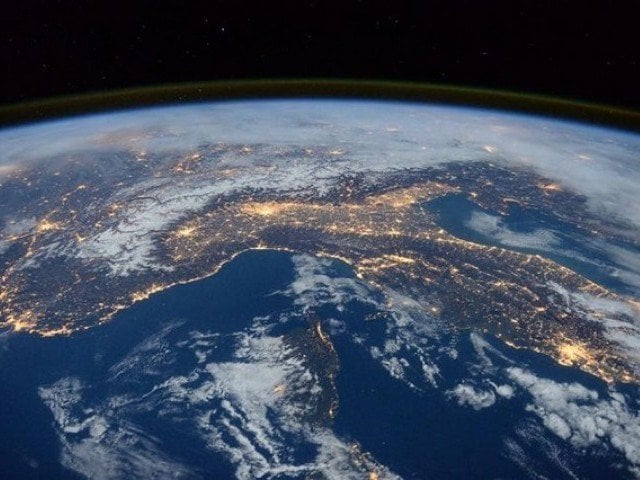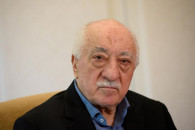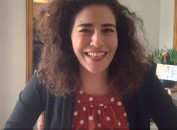Maps — guiding and misguiding people
KLF speakers delve into the subjectivity of cartography

A Reuters file photo
For him, maps are about perception. They are meant to guide and misguide people, creating a sense of deception where people forget what is true and untrue. And this subjectivity of cartography is what he attempted to capture in the multi-tiered collaborative book, Subjective Atlas of Pakistan, edited by him and Annelys de Vet and launched on the second day of the Karachi Literature Festival.
"With this book, we wanted people to be at the heart and centre of these maps that we should have drawn, could have drawn, would have drawn, but we never did and we never will," explained Shaheen, adding that even though people's needs were different from those of politicians, we still have politicians and experts deciding what our maps will look like. And so, the book aims to counter this narrative.
With sections depicting the routes used by Hazaras to flee the nation juxtaposed with more light-hearted ones on the 'Guide to Dhaba Tea-Drinking Etiquette' and the 'Two-Phone Theory and Smart Wallets of Karachi', Shaheen aims to provide a more human understanding of mapping.
Journalist Mahim Maher, known in newsrooms for her own interest in cartography, strongly believes that the lack of public access to mapping is a disservice to the community. For her, the lack of access has meant that we don't know how Karachi is changing. "When I look at maps and Karachi's infrastructure, there is no visibility," she added.
Moderator Arieb Azhar pointed out that when one views a map, a location is not just a set of lines but also a compilation of stories - to get to your destination, you can either use Google Maps or you can ask a passerby, who will usually incorporate the stories of those marking your way. He pointed out that there were so many things that define these stories, like crime, conflict and infrastructure, which are easily overlooked if the mapping is not subjective.
To this end, author Hassan Miraj added that it was a historical problem. After all, he pointed out, when Cyril Radcliffe drew the lines he was tasked with, he did not stop to consider how he was dividing the lives of millions of people with a simple stroke of his pen. "The people making maps just sketch a line, but they do not realise it is a barrier that cannot be crossed, no matter how much blood, sweat and tears go into trying."
Artist and educator Sarah Khan Pathan, meanwhile, said that the project caught her interest from an educational perspective. In her experience, both personally and with students, there was little interest in maps that were not visually captivating. With an atlas like this one, she said, learning about maps could be made interesting for children too.
Published in The Express Tribune, March 1st, 2020.



















COMMENTS
Comments are moderated and generally will be posted if they are on-topic and not abusive.
For more information, please see our Comments FAQ